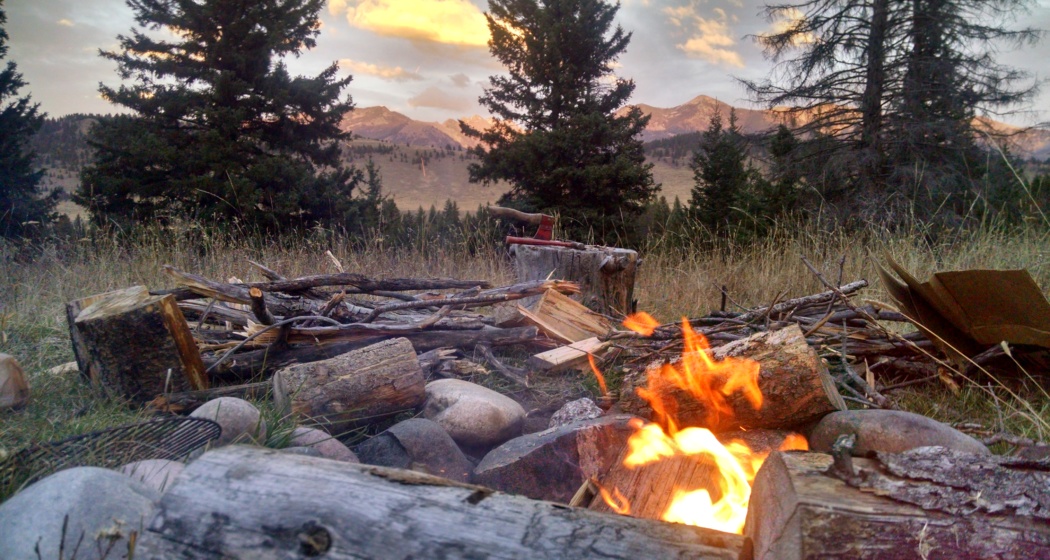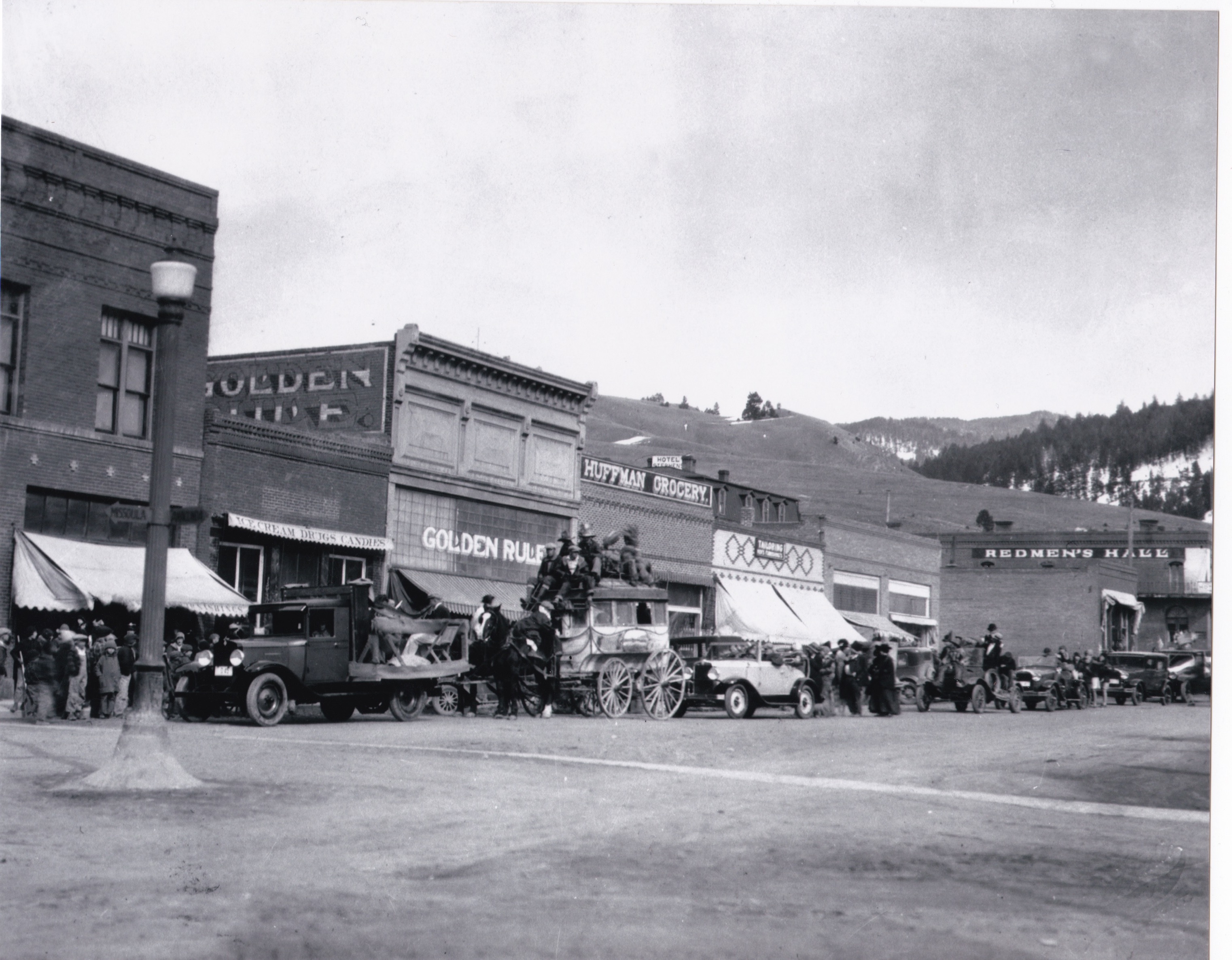I was two years into living in the Holland Street house we’re in now, when I first read “Degrees of Gray in Philipsburg,” by Richard Hugo.
It was eerie that I had already come to love a place that I would have been pulled to from afar with this poem alone, with its distilled lines about complete bleakness, following a walk Hugo took around town here in 1966, on “streets laid out by the insane, past hotels that didn’t last, bars that did, the tortured try of local drivers to accelerate their lives.” There’s a jail that turned 70 that year, Hugo describes, with only one prisoner, always in, not knowing what he’s done.
“The principal supporting business now is rage. Hatred of the various grays the mountain sends, hatred of the mill, The Silver Bill repeal, the best liked girls who leave each year for Butte …”
My whole life I’ve had a thing about dying communities. It’s not the fascination for ghost towns, with dedicated volunteers who revive these places once a year with apple-bobbing and gold panning demonstrations. It’s the towns that are just barely hanging on still; not quite dead enough to be romantic. It’s the towns that had boom-time glory years, with people packed into streets, looking up at the camera, from under hats and parasols; streets now bare,where the loveliest time of the day is at dusk, when the gas station sign is the only light that holds off the dark, and there’s just the faintest heartbeat of survival. The kind of towns where you wonder if might be wiser to keep driving, and hope that there’s another gas station up ahead.
My hometown came back from the grave because it has rolling winter-less hills with coastal fog hanging over the oak trees in the mornings, soil good for wine-making, and it’s only two hours north of L.A. Here, it’s more complicated. There is beauty everywhere in this part of Montana, and yet the towns still decay, because it is hard to price this beauty up unless you can ski it, mine it, or you have the fortitude to build on it.
This last week I looked up a book by Seattle writer Frances McCue about Hugo’s life, which she titled with one of the final lines from the Pburg poem, lifted for the cover – “The Car That Brought You Here Still Runs.” Pburg was just one of many towns that Hugo spent time in and wrote poems about. McCue describes how this was including a trio of poems penned by Hugo, Jim Welch and J.D. Reed after getting drunk in a bar in Dixon after a day of fly-fishing in 1970, and sending each of their competing verses to the New Yorker. They were published in October of that same year under the title “The Only Bar in Dixon” and got themselves into trouble with Welch’s line “You can have the redheaded bartender for a word…”
The redheaded bartender – also the owner of the bar – turned out to be a bit of a writer herself and fired back with a letter to the Missoulian that she herself was in the process of co-penning a poem with the mayor of Dixon and titling it “An Ode to Five-Bourbon Hugo.”
Hugo was more sensible when he wrote about a redhead in “Degrees of Gray in Philipsburg.” She’s the final shred of hope that all may not be lost in this town after all in 1966, with her red hair that “lights the wall” despite bigger cities “of towering blondes, good jazz and booze the world will never let you have until the town you came from dies inside.”
Earlier this Spring, it seemed like most of Pburg was packed into the old Fire Hall to watch the premiere of Saving The Burg, which had video footage of Hugo walking around, towered by the empty buildings of Granite, with lines from his famous poem reverberating. The late Peggie Pahrman – to whom the documentary was dedicated – was in a clip, recalling how the town would have been bulldozed but there was no money to do it. It was moving, as we all crammed in, shoulder to shoulder in a sold-out event, to see what had been done to bring Philipsburg back and up and away from being a town, as Hugo describes in the first lines, as a place you’d only end up when your life breaks down.
Against the odds – and as the film’s subtitle points out, with a lot of love, sweat and beers – Hugo’s prophecy that all was not lost came true. It is a gray today. A shade specific to this time of year in a small mountain town. You go to the store to buy lettuce everyone at the check-out is trading stories of how the weather compared at this time last year, or even the decade before. It’s a spring afternoon with winds churning up dust that we turn our heads away from and scowl. There is snow still in the hills around us. But in bigger cities at lower elevations there are buds of green starting to erupt with white flowers on the streets and we know that we aren’t far behind, that June is pushing through and that soon the smell of lilacs will be everywhere.
The car that got us here still runs.



